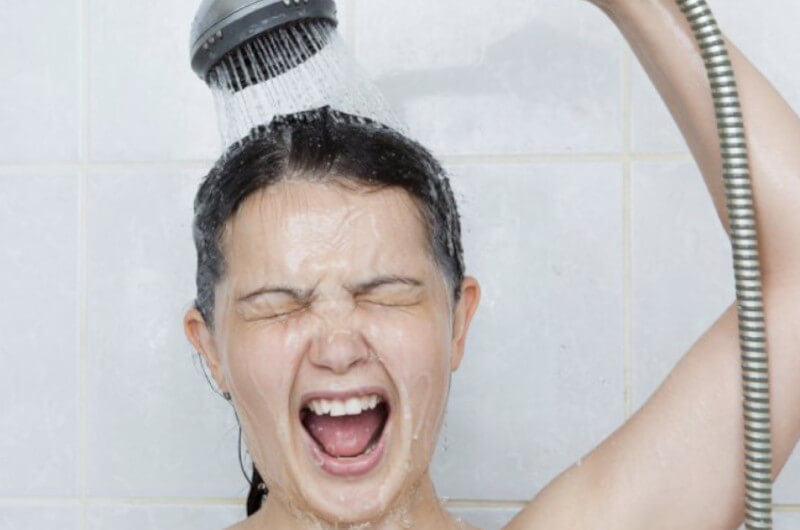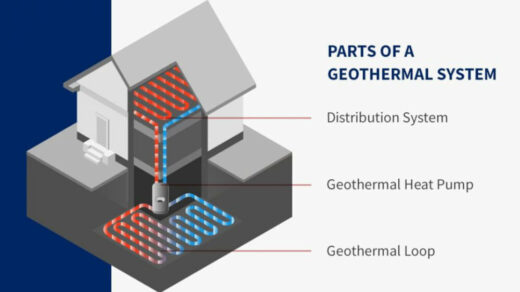The Most Frequent Issues With Hot Water Systems
How frequently do you think about the system that heats your water? If your response is “Only when I’m experiencing trouble with my hot water,” then you are not the only person who has this response. When the hot water runs out, most of us don’t realize how essential it is to the efficient operation of the household until it’s too late. However, the unfortunate reality is that, similar to every other invention that has been made by humans, hot water systems fail more frequently than one would like them to. Let’s run through a few of the most likely causes why your hot water also isn’t working as it should, and then we’ll discuss whether or not you can fix the problem on your own or if you need to call in a professional. The hot water system isn’t working? The following are the most frequent issues:
Are You Running Out of Hot Water?
Is your bathtub only halfway full… and partially lukewarm? There’s a chance that your temperature gauge is malfunctioning; in Cape Town, the water temperature at the outlet of the tap or bathroom faucet must be at least 50 degrees. It is strongly recommended that you avoid tinkering with the thermostats on your own because doing so puts you at risk of invalidating your warranty, causing damage to the hot water system, being electrocuted, suffering from scorching, and even violating the law.
Water That Has an Unpleasant Odor and Color

One more typical issue that arises with heating systems is water that has an unpleasant odor or is discolored. To make an accurate diagnosis, you will need to ask yourself the following questions:
- Is this something that’s been going on for a while?
- This water comes out of each of the taps in the house, right?
- Have you been drinking water as of late?
- Do you notice an improvement in the situation after turning on the water for a little while?
- Does it occur when the hot and cold faucets are both being used?
It will be much simpler for you to confront the core of the issue if you respond appropriately to these questions.
Discoloration
If the water is discolored, then the issue is most probably being triggered by high mineral levels, like copper and iron which are causing the pipelines to rust. If the water is cloudy, then the issue is not triggered by high mineral levels. A water softening system can be installed in your home, which is a prevalent solution to this issue.
Even though this does not pose a threat to your general health, it may cause issues with the plumbing system, which in turn may have an impact on the efficiency of the equipment. Scale piles up within the system, which are deposits of ‘lime’ that can obstruct the water’s flow in pipelines (such as in shower heads and taps), as well as wreak havoc on the hot water system, washer, and dishwasher. Scale also accumulates in shower heads and faucets. Implementing a whole-house filtration system or even a water softener is an easy way to resolve these problems and get better-tasting water.
Powerful Water Odors
There is a wide range of potential explanations for the pungent odors coming from the sink’s tap. You can determine whether or not it is the hot water tank by letting the hot water run for a couple of minutes if you have this suspicion.
- Bacteria may be developing within the water tank if it smells like rotten cabbage or like wastewater.
- If this occurs, the first thing you should do is completely flush the water tank.
- If this does not resolve the issue, the anode rod may have become corroded and will require replacement.
- Garlic is one of the more common smells, and if you smell it, it merely means the pilot light would need to be relit.
- The last possibility is that there is a problem with the gas line, particularly if the odor is particularly pungent.
- If this takes place, you will need to turn off the unit, ensure that adequate ventilation is provided before leaving the area, and contact both a plumber and the gas utility company.
Loud Noises
If you can’t believe it, the cause of the noise coming from your hot temperature variations. This is especially true if it’s been acting strangely recently. Because this could be the reason for the accumulation, you must also check to see if the anode in your hot water tank needs to be replaced.
Your Tank is Leaking
If your water heater is leaking and it isn’t working properly, the issue is most likely not fixable and regrettably, this is not great news. If your hot water system is leaking and it isn’t working properly, the issue is most likely not fixable. On the other hand, it could simply be a valve. You can check out some pointers on how to detect a leaking hot water system and you can also give your helpful plumber a call for recommendations and substitute alternatives. Click here to get in contact with a local plumber.
Low Pressure
Have you suddenly discovered that the pressure comes out of the hot tap at a lower and lower level each time you turn it on? This is one of the more common issues with hot water, and there are several different probable reasons for low hot water pressure. Valves, pressure regulators, and hidden leaks are some of the most commonly seen causes.
Your Water Takes Forever to Heat Up
We have all experienced the exasperation of hanging in our birthday suits while having to wait for the shower to warm up. However, if you notice that you are having to wait an increasing amount of time over a few weeks, it is a sign that your system is due to get some TLC or an entirely new installation.
The Ice-cold Shower

Have you previously been the very last person in your household to take a shower, and the water was freezing? This may be among the hot water issues in life, but it’s not essentially one of the hot water system issues in life! There is a good chance that the size of your tank is not adequate for your household or your needs.
Burner Arrangement or Gas Regulation that’s Been Damaged
A compromised gas control or burner is yet another typical cause of a water heater that does not function properly. A water heater can’t operate normally if the burner is filthy or broken, which results in the water not getting hot enough to use.
The broken gas control or burner setup, which is also referred to as a thermocouple, needs to be replaced to fix the problem. If you have already tried reigniting the pilot light and all of the other potential causes seem to apply to the scenario, then it is possible that the problem can be solved by simply changing the thermocouple.
To change the thermocouple on your own, you must first make sure that the gas and water are turned off. This will guarantee that you do not end up causing any additional damage. If you are at all uncertain, it is best to call in an expert to ensure that the task is completed correctly.
What Distinguishes an Electric Water Heater From a Gas Hot Water System is the Fuel Source.
The origin of the heat is the primary point of differentiation between the two. In contrast, the burner in a gas water heater is fueled by gas, while the heating elements in an electric heater are powered by electricity.
If the Water Heater Isn’t Generating Hot Water, What Does It Imply?
If you aren’t receiving hot water from your hot water system, you should check those components first because it is probable that the circuit breaker was tripped or that a fuse blew. If that isn’t the problem, then it’s possible that the heating element has overheated and must be changed because it’s no longer functioning properly.



